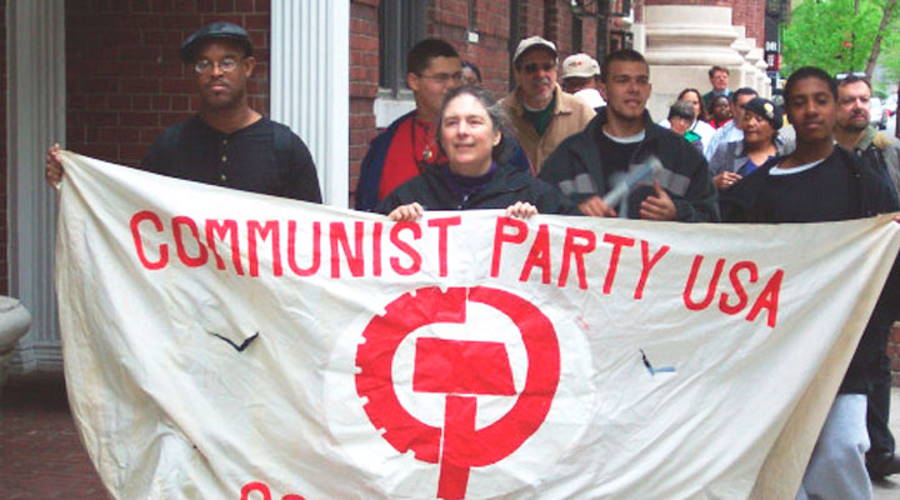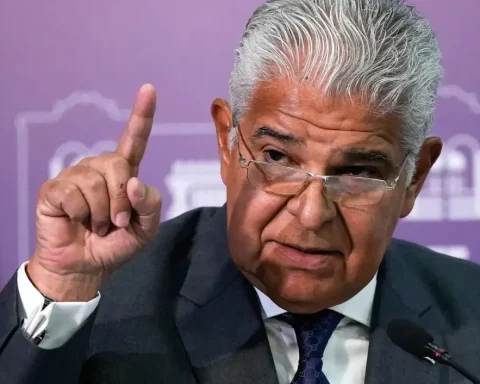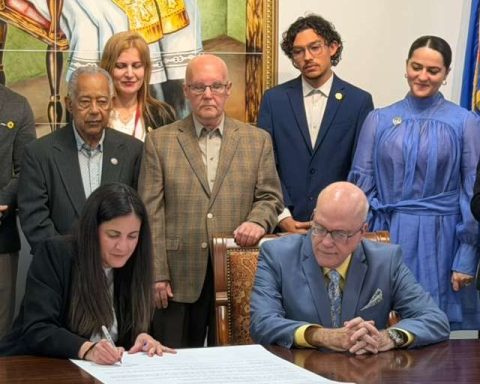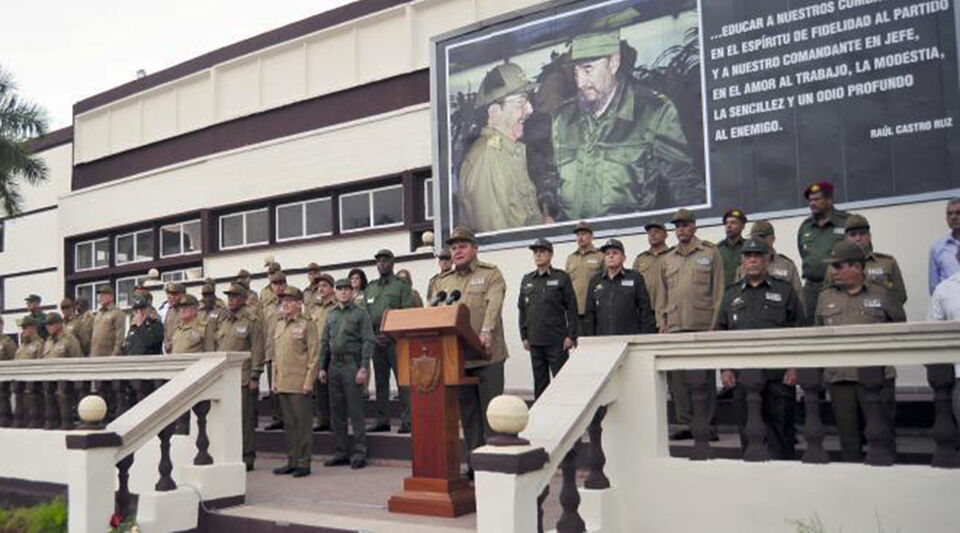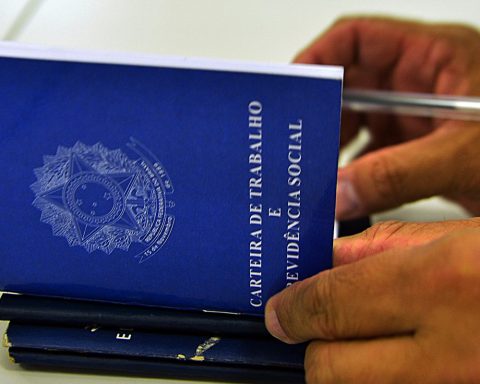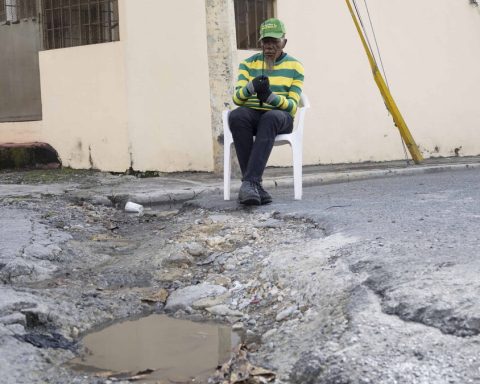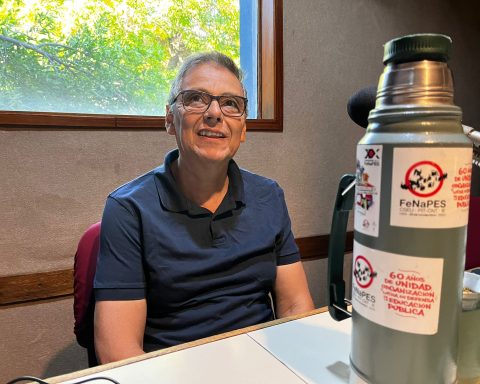MIAMI, United States. — The philosopher Karl Popper (1902-1994) defined obfuscated writers as “those who have nothing to say and say it very badly”. Popper, a powerful defender of liberal democracy, was particularly critical of intellectuals who criticized the social system without offering any viable alternative. I often remember Popper’s bitter criticism when he read the empty comments of some politicians, celebrities and columnists. From left to right they come to mind: Alexandria Ocasio-Cortez and Steve Bannon. The reader will surely be able to add here his favorite names.
Popper also believed that social criticism was essential to the success of an open society. He developed the paradoxical reasoning that “To maintain a tolerant society society must be intolerant of intolerance.” Popper added the caveat that if a society was unlimitedly tolerant its ability to be tolerant would eventually be destroyed by intolerance. It is the tongue twister of the paradox of intolerance.
The paradox pervades our daily lives as we decide what restrictions, if any, should be placed on freedom of expression. Popper believed that allowing freedom of expression to those who wanted to use that freedom to eliminate freedoms was contradictory. In other words, it would be inconsistent to allow freedom of expression to those who would eliminate the expression of those who disagree with them. So what freedom of expression should a tolerant society allow for the bigoted fascist and communist ideologues among us?
Popper, and John Rawls, two of the greatest thinkers of the 20th century, offered some insights. The American attitude is to tolerate intolerant views almost without limit. But that, to Popper and Rawls, seemed risky. If the intolerant seeks to destroy society, society has the right to become intolerant of such views in order to protect itself. Thus, Rawls added to his tolerance the exclusionary clause of “self-protection”.
In the current practice of freedom of expression we have adopted a double standard. Right-wing totalitarian views (ie, fascism) are not tolerated, but left-wing views (ie, communism) are allowed. Therefore, if a Neo-Nazi is invited to speak at one of our universities it is likely that the presentation will be canceled in the fury of the protests. In fact, even moderate conservative speakers find rejection. However, totalitarian leftist speakers do not face such hostility.
Here, some clueless readers, who have nothing to say and say it very badly, will object that I contrast racist fascism with “altruistic” communism. Let us then review the historical facts of “democide” by fascist and communist regimes. Democide, or government-induced killing, is a useful term introduced by RJ Rummel to define “the intentional killing of an armed or unarmed person by government agents acting in their dictatorial capacity and pursuant to government policy or orders from above”.
When it comes to democide, Hitler’s National Socialists are responsible for approximately twenty million victims. The Black Book of Communism estimates one hundred million people killed by Marxist communists in the 20th century. The authors investigate China under the “Great Helmsman”, Korea under Kim Il Sung, Vietnam under “Uncle Ho”, Cuba under the Castros, Ethiopia under Mengistu, Angola under Neto, and Afghanistan under Najibullah.
In a liberal society, the rule of law must protect even hateful beliefs. So should a tolerant society allow fascists like Steve Bannon or socialists like Alexandria Ocasio-Cortez the right to spread intolerant ideas that undermine the foundations of society? Or should society refuse to tolerate intolerance? Any project is defensible, but somehow, I’m not sure on what basis, we seem to have concluded that Bannon’s hateful beliefs should be banned from public discourse, but not Ocasio-Cortez’s which, as history shows, encourage democide. .
Perhaps the most consistent way to handle the paradox of intolerance is to show no intolerance for opinions that make us uncomfortable, that differ from our own, or even make us angry. We should be intolerant only when those ideas constitute a clear and immediate danger to our political order. Meanwhile, we can decide to avoid those politicians, celebrities and columnists who have nothing to say and say it very badly.
Note: Dr Azel’s latest book is “Freedom for Rookies”.
OPINION ARTICLE
The opinions expressed in this article are the sole responsibility of the issuer and do not necessarily represent the opinion of CubaNet.
Receive information from CubaNet on your cell phone through WhatsApp. Send us a message with the word “CUBA” on the phone +525545038831, You can also subscribe to our electronic newsletter by giving click here.
The post Social criticism: what to do with extremist speeches? appeared first on CubaNet.
